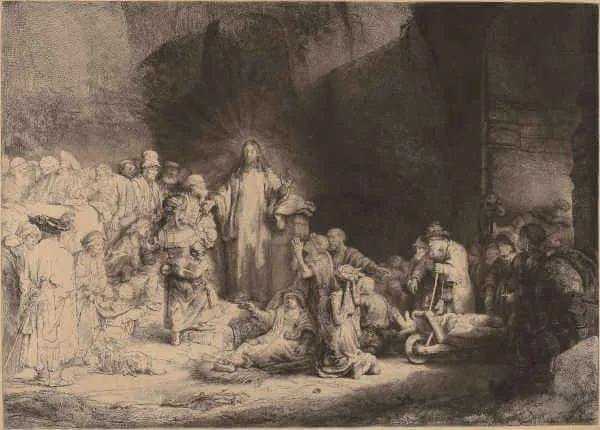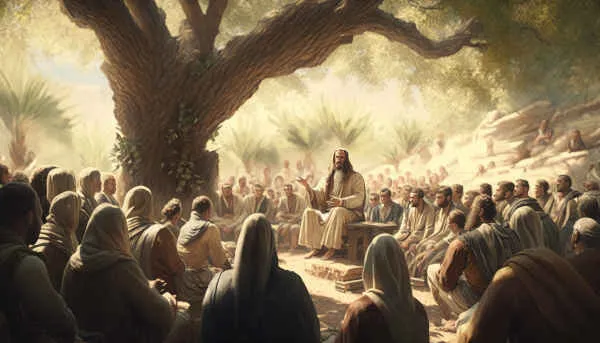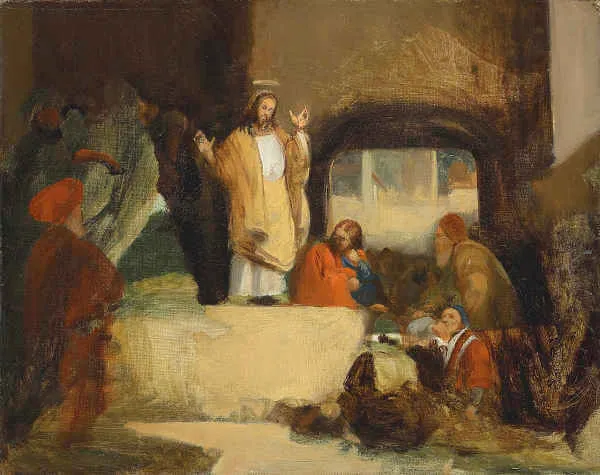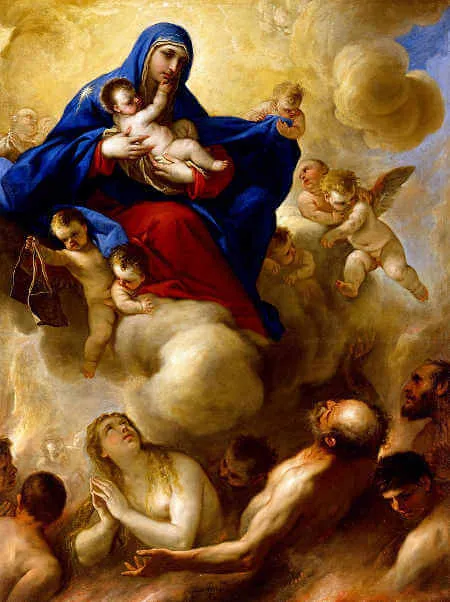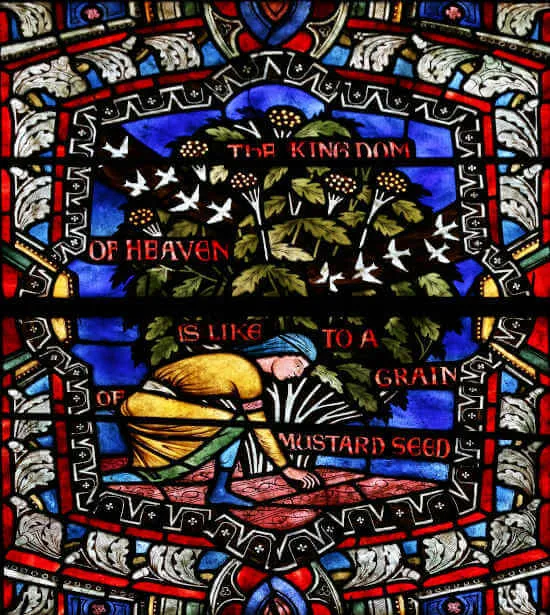Luke 14:25-26
Loving through "Holy Hate"
Great crowds were traveling with Jesus, and he turned and addressed them, “If anyone comes to me without hating his father and mother, wife and children, brothers and sisters, and even his own life, he cannot be my disciple.”
Reflection:
After this startling opening line from our Lord, Jesus concludes today’s Gospel by saying, “In the same way, everyone of you who does not renounce all his possessions cannot be my disciple.” Thus, at first read it appears that we are called to not only renounce all we possess but also to hate those within our own family. But is this truly what our Lord means? Let’s begin with the idea of “hating” those within our family and even our own life.
Obviously the word “hate” in this Gospel passage is not the same as the sin of hate and anger. In commenting on this passage, one Church Father explains that there are some cases when the best way to love another is through a form of hate. That is, if another were to act as an obstacle to God, working to deter us from the will of our Lord, then our “hatred” for the actions they do must be firmly expressed. But this is love. A refusal to turn from God, by rejecting another’s disordered actions, is a way of sharing the Gospel with them. Let’s take an extreme example.
Imagine that you lived at a time and circumstance where being a Christian was a crime. You were arrested and commanded to publicly renounce your faith. Instead, you renounced that command with every strength of your soul. In this case, you exercise a form of holy “hate” for the persecution the person is imposing upon you. But that is also an act of love toward them as you fully reject their action by renouncing their command.
Or consider also how you hate even your “own life.” Let’s say that you fall into serious sin, over and over. The appropriate response is not only to repent but also to have a form of holy hatred for the habit into which you have fallen. This is a true hatred for yourself in the sense that it is a hatred for that which you have become by your sin. But this holy hatred has the ultimate goal of passionately overcoming your sin and is therefore a true act of love for yourself.
The concluding line of today’s Gospel mentioned above calls us to renounce all of our possessions. In other words, we must renounce anything that we are attached to in a way that is contrary to the will of God. Of course, in God’s providence most people (except those who take a vow of poverty) are invited by God to have various possessions so as to meet the material needs of life. But even in this case, we must “renounce” all that we possess, meaning, we must not allow ourselves to become attached to anything other than God. But this is freedom in the truest sense. Even if you have many things, it must be understood that those things do not make you happy. Only God and His will can fulfill you. Nothing else. Thus, we must learn to live as if God and God alone suffices. And if it is God’s will that you obtain a house, car, computer, television and other modern conveniences, then so be it. But true “renunciation” of all of these possessions simply means that if at any time you were to lose them, then this would be fine. Therein is perfect detachment. The loss of something material would not deter you in any way from loving and serving God and His holy will.
Reflect, today, upon these radical words of Jesus. Try to hear them in the way our Lord meant them. Work to be detached from everything that is contrary to the will of God and everything that becomes an obstacle to God in your life. In the end, possessing God alone is more than you could ever hope for. And only if you fully possess our merciful God will you be able to love yourself and others with the pure heart and love of Jesus our Lord.
Source: https://catholic-daily-reflections.com/2024/11/05/loving-through-holy-hate-3/


